Gases is the sixth unit in the Chemistry course. In this unit you will learn about synthesizing, decomposing, and reacting gases as well as the gas laws regarding temperature, pressure, and volume. Finally, learn to do stoichiometry calculations to determine amounts of theoretical and actual yields of moles in each reaction.
This unit is not a textbook. It is a guidebook book full of lesson plans and resources for the mentor to design a course specifically for his or her students.
This unit has sections on:
- Synthesizing Gases
- Gas Laws
- Stoichiometry
Learning By Doing
This is an activity and lab based curriculum, where you learn by doing. Here are a few of the activities to choose from in this unit:
- Synthesis carbon dioxide gas and use it to blow up a balloon
- Decompose water with electricity
- Test gases for the presence of carbon dioxide
- Synthesize hydrogen gas and make a little explosion
- Heat soda pop inside a sealed bottle to test the solubility of gases
- Use a candle, beaker, and a pan of water to observe Avogadro’s law
- Crush a soda can with no hands (or feet) to demonstrate Charles’s law
- Use printable stoichiometry frames to learn stoichiometry calculations step by easy step
- Make s’mores and learn about limiting reagents
- Plus much more!
Each Layers of Learning Science unit includes library lists of books, a family read-aloud suggestion, lab experiments, hands-on activities, printables and paper crafts, sidebars for extra learning, and tools to help you assess student’s progress and mastery. You can learn more about how Layers of Learning works in the Curriculum Guide. You may also want to purchase the Science Guidebook for even more information on how to teach and learn with Layers of Learning Science.
See Inside
Here is a two-page spread from Gases:
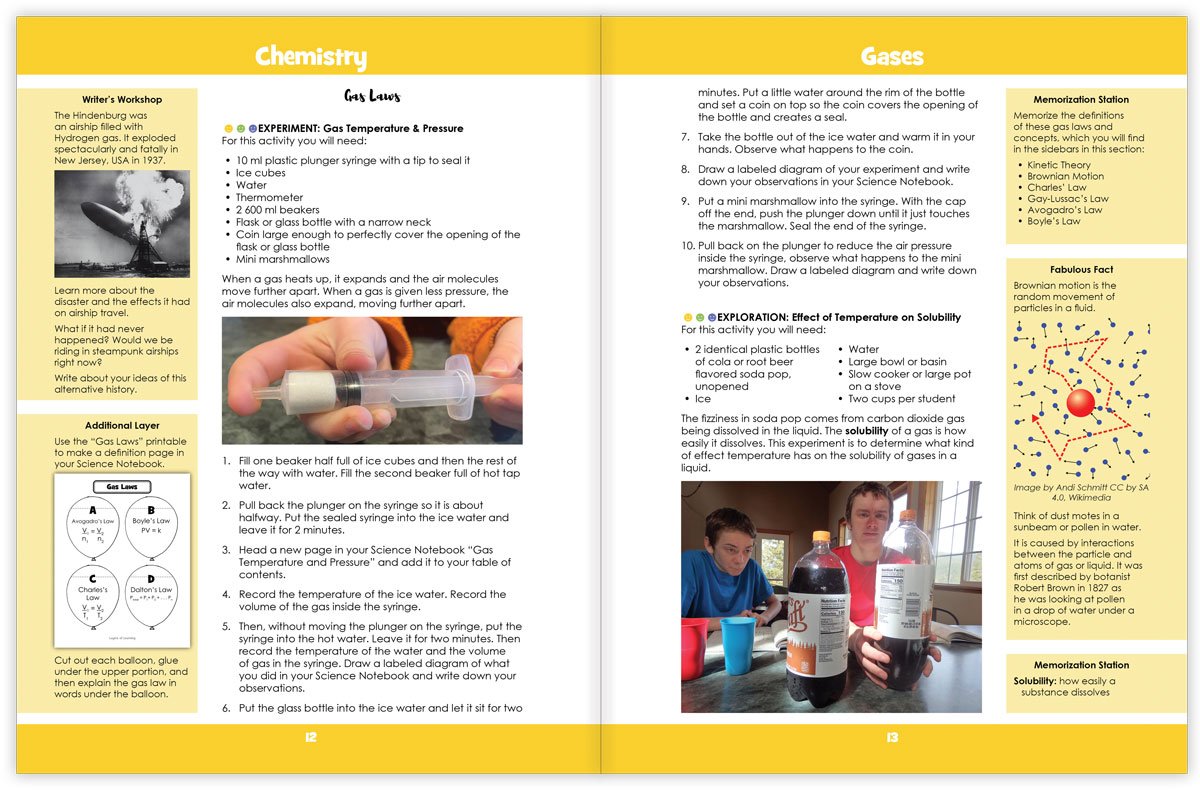
There are many different activities, pintables, and games in each unit. You get to design your student’s learning by choosing your favorites and reading books and watching videos on the topics presented in the unit.
The sidebars line the entire unit and help you take off on tangents, learn extra information, have deep discussions, coordinate with Writer’s Workshop, or find high interest books to hand to your child.
Flexibility
This unit was written to be used for a month but contains plenty of content for many more weeks of learning if you choose. This is a pick-and-choose curriculum, meant to be cycled back to in the future when your child is older. As such, it intentionally includes far more material than you can possibly cover in a month.
Gases is also part of the overall Chemistry course, the third Year of the four year Layers of Learning Science cycle. If you use the program in order, it will take you through the four branches of science from Earth & Space to Biology to Chemistry to Physics in a logical progression where skills are learned and then practiced and used. However, each unit stands alone and can be used independently of any other unit and in any order.
Printable Pack
This unit comes with a downloadable Printable Pack that includes all the student worksheets. The printables can be copied as many times as needed for your family or class.
You can download the Printable Pack from your receipt or from your account at Layers of Learning.
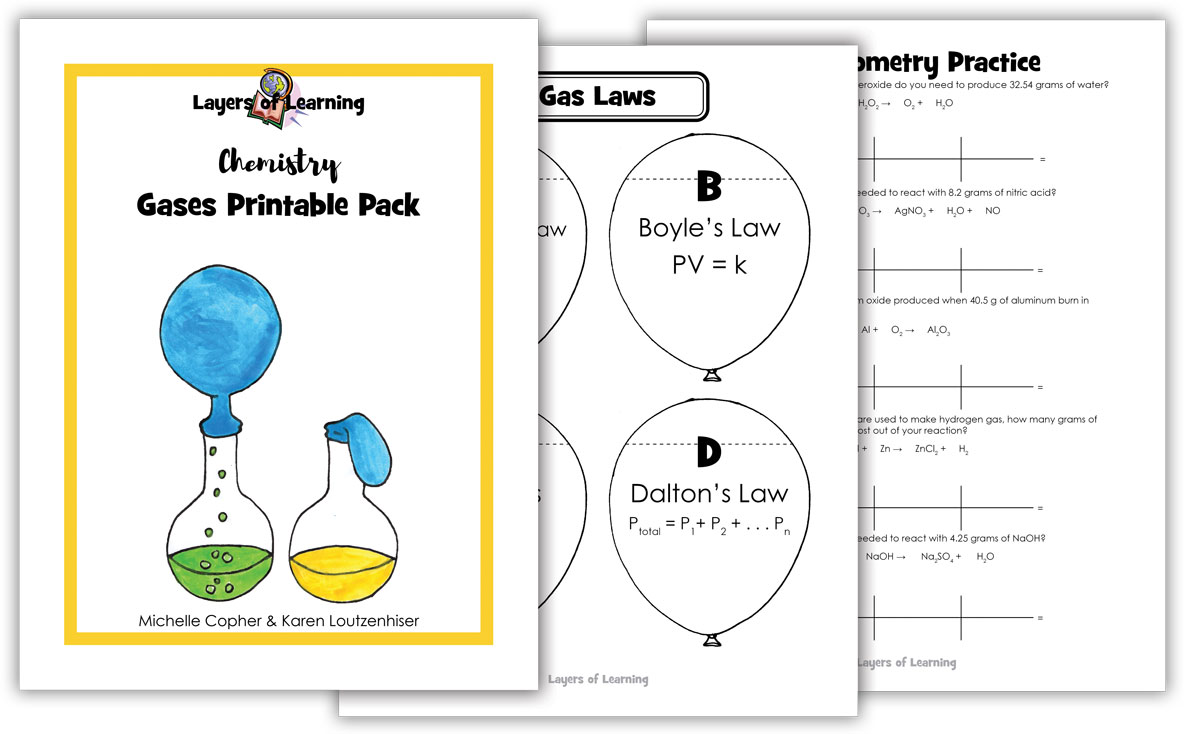
Above, you see the cover and two of the Printable Pack pages. This Printable Pack includes 20 pages.
Extra Resources
This unit comes with extra weblinks and a YouTube video playlist on the Chemistry Resources page.

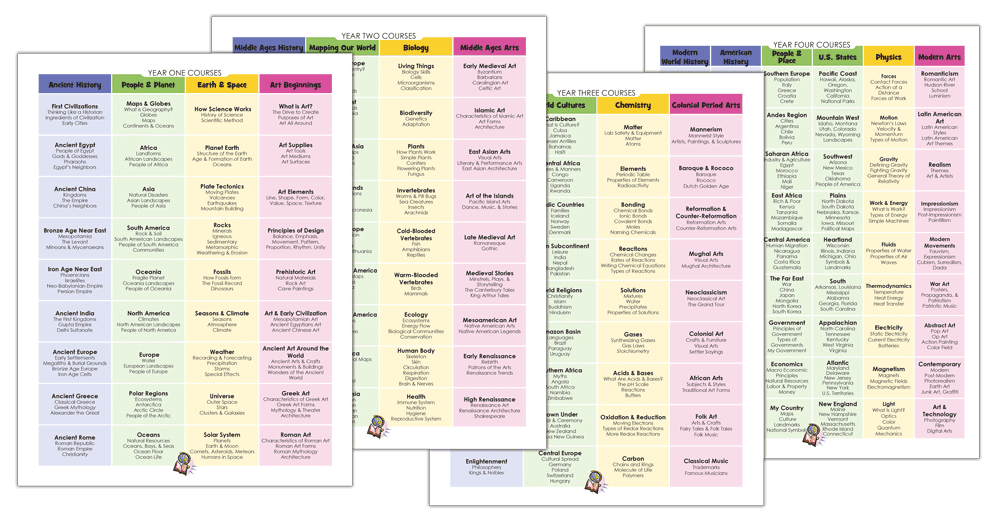
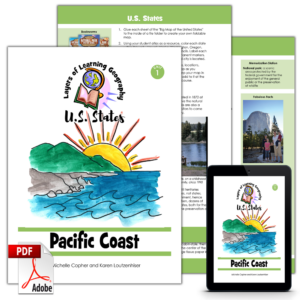
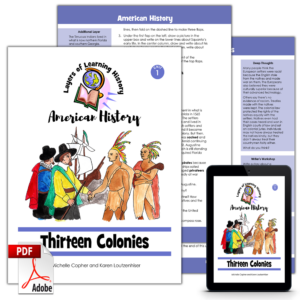

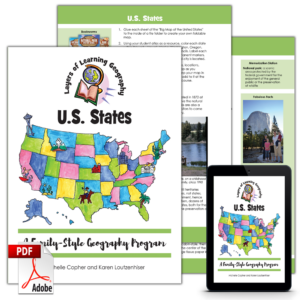

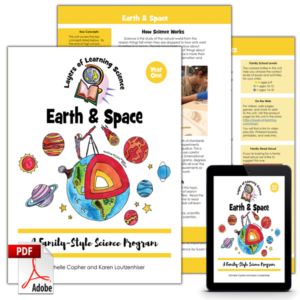
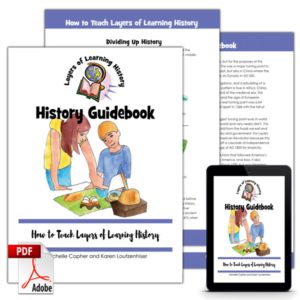
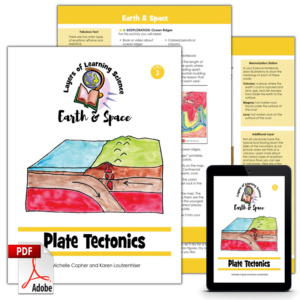
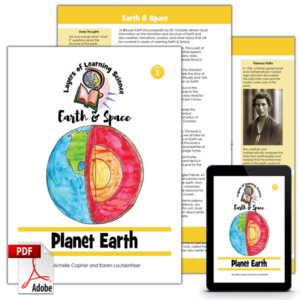
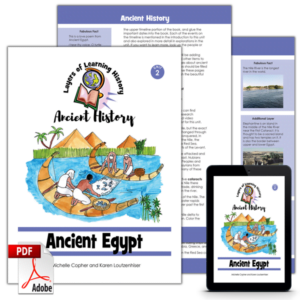
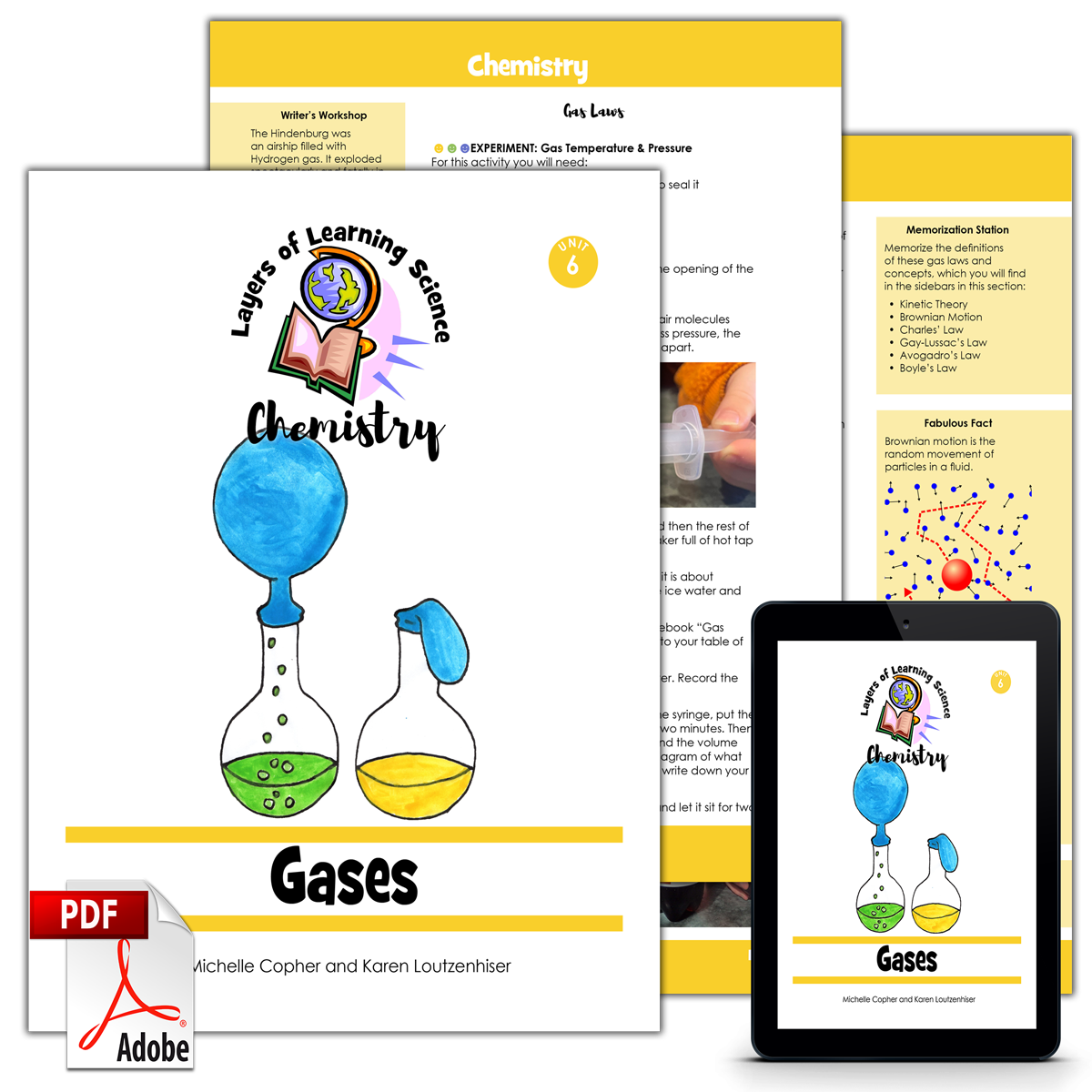


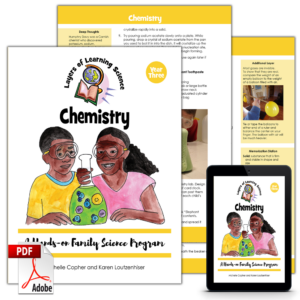



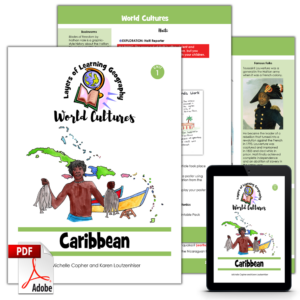

Reviews
There are no reviews yet.